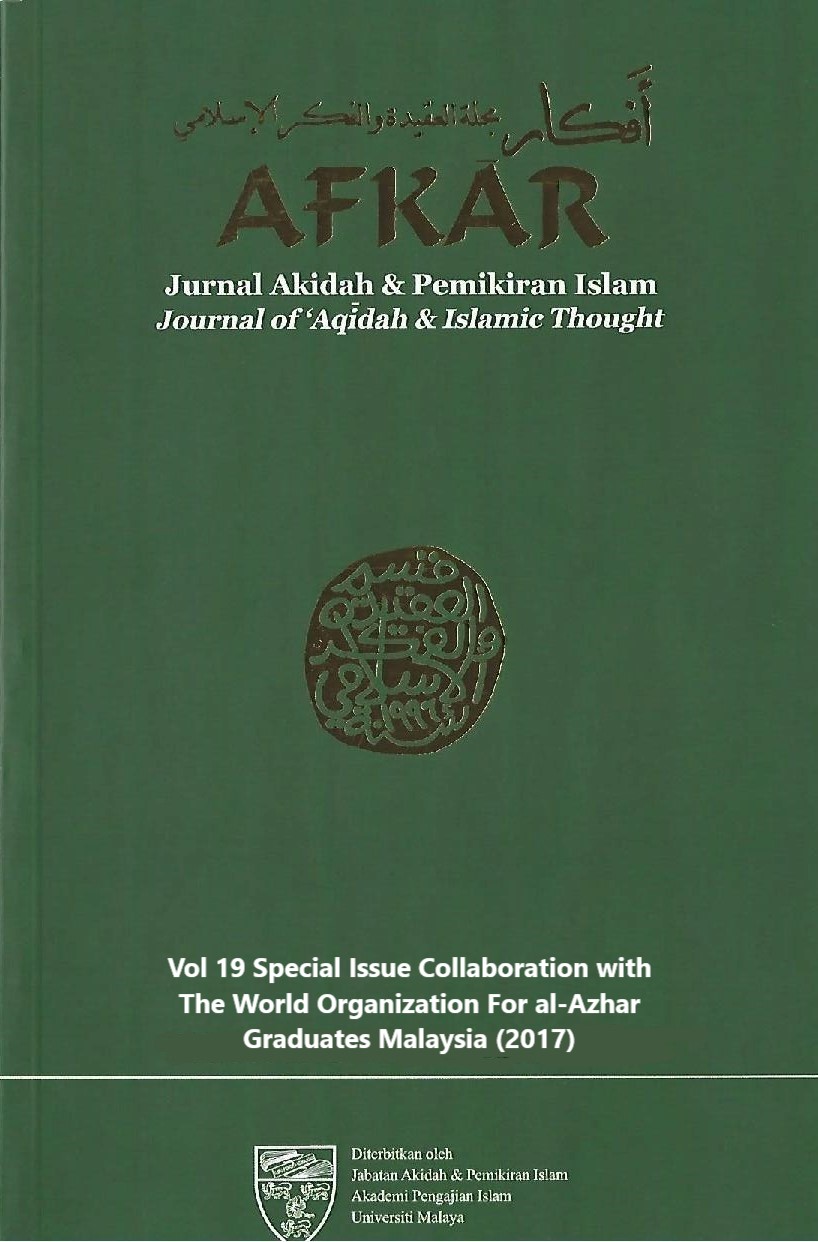نماذج من مجددي الأزهر في العصر الحديث: الإمام محمد الغزالي والإمام محمد أبو زهرة Reformers of al-Azhar in the Modern Era: Imam Muhammad al-Ghazali and Imam Muhammad Abu Zahrah
Main Article Content
Abstract
Al-Azhar University is an institution that produces reformers and thinkers throughout the world. It also plays a role in developing knowledge and thought from diverse cultures and traditions. This institution was developed by a group of thinkers and scholars who harmonized the classical and modern disciplines according to the times, and in the meantime, firmly upholds the principles of Islam. Among the thinkers that emerged from the development of this institution in the modern century were Muhammad al-Ghazali and Muhammad Abu Zahrah. They are the pioneers of al-Azhar institutional reform in this modern era. These two scholars emerge during the occurrence of deviationist beliefs, methodologies intrusion, secular political pollution, and intellectual drought among Muslims. They play a role in solving these problems and face misleading modern thinking by providing complete solutions. Muhammad Abu Zahrah was recognized as the reformer for the first half of this century, marked by his intellectual contributions in dealing with issues of modern thinking. While Muhammad al-Ghazali is known as a ‘moving library’. His development of Islamic knowledges prevented the intrusion of Jewish and secular thought. Among his contributions is to harmonize Islamic thinking with modern and scientific approaches. With over two hundred published works it is difficult to deny their loyalty as the reformers of contemporary Islamic thought.

